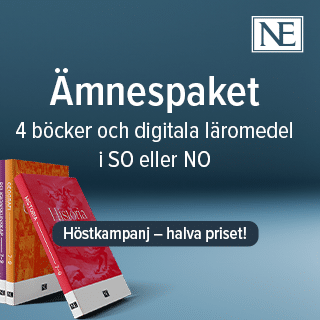”Another thing”: Discourse-organising nouns in advanced learner English
Marie Tåqvist
Professor Solveig Granath, Karlstads universitet Professor Hilde Hasselgård, Universitetet i Oslo
Professor Susan Hunston, University of Birmingham
Karlstads universitet
2016-05-20
Abstract in English
This study examines the use of discourse-organising nouns (DONs), such as fact, issue, and problem, in Swedish advanced students’ academic writing in second language (L2) English, and in what ways texts produced by the L2 students resemble or differ from those produced by advanced native-speaker (L1) students and from expert writing in this respect. The study uses corpus linguistic methodology and is set within the frameworks of Halliday’s systemic-functional linguistics and Granger’s Contrastive Interlanguage Analysis. Results show both similarities and differences across the writer groups. Noteworthy similarities include overall frequencies of DONs and their modifiers. Differences include variety of usage and register appropriacy. These differences were often the largest between the L2 student writing and the expert writing, though findings suggest that both student groups can usefully be thought of as learners of academic writing in English in this respect. Specifically, the students’ usage was found to be less varied than the expert writing, and to be characterised by more frequent use of semantically vague nouns (e.g., thing and fact) and nouns marking attitude and involvement (e.g., opinion and question). Other central findings include the tendency, on the part of the students, to use DONs less frequently in syntactic structures prototypical of formal academic prose, and to use them more frequently in structures with the potential to express stance, compared to the expert writing. The study also found more frequent use of evaluative modifiers of DONs in the student writing. In sum, the L2 student writing and, to a lesser extent, the L1 student writing, was found to approximate the corpus of expert writing in many respects, but with less variety, fewer markers of formality, and more frequent occurrences of interpersonal features in their use of DONs. The result is discourse that can in part be characterised as vague and subjective, as well as involved and informal.
Relaterade länkar

Fritidshem
 Åk F–6
Åk F–6 Matematikångest
 Åk 4–Vux
Åk 4–Vux 






